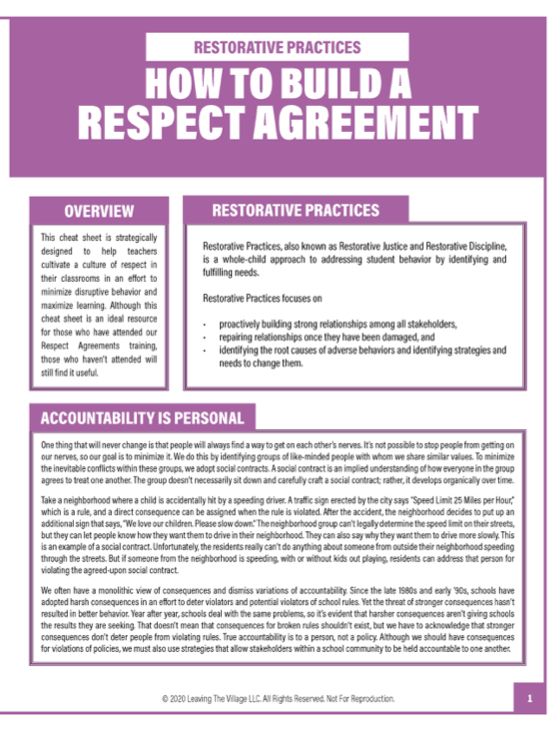Kelvin Oliver
Kelvin Oliver is an educational consultant specializing in supporting schools by developing and implementing behavior management systems that synergize restorative practices, PBIS (Positive Behavioral Interventions and Supports), and traditional consequences. As a campus administrator, he was instrumental in supporting the integration of Restorative Practices with PBIS and Traditional Consequences. Kelvin created a campus-based support model with weekly professional development and an implementation support team. In 2007, Kelvin started his career in Texas as a special education teacher before transitioning to general education as a sixth-grade math teacher. He transitioned to campus math specialist and district curriculum specialist before becoming an assistant principal and later campus principal.
Write your awesome label here.
Since 2017, Kelvin has been a consultant supporting educators, schools, and districts nationwide. In his journey as a consultant, he has had the opportunity to train educators from all 50 states. He has worked directly with school districts in states such as California, Texas, Ohio, New York, New Jersey, Alabama, South Carolina, Louisiana, Idaho, Maine, and Utah, to name a few. International educators from as far as New Zealand have traveled to attend his workshops. Kelvin has extensive experience in working with various types of schools. He’s worked with medium to large urban school districts, small rural school districts, charter schools, private schools, and Native American reservations, as well as educators supporting students at state schools for deaf students. Kelvin is renowned for communicating the complexities of student behavior in schools today in a digestible way while providing concrete strategies to address challenging behavior. Currently based out of Washington, D.C., he continues to work year-round with educators, schools, and districts in all regions of the country.


